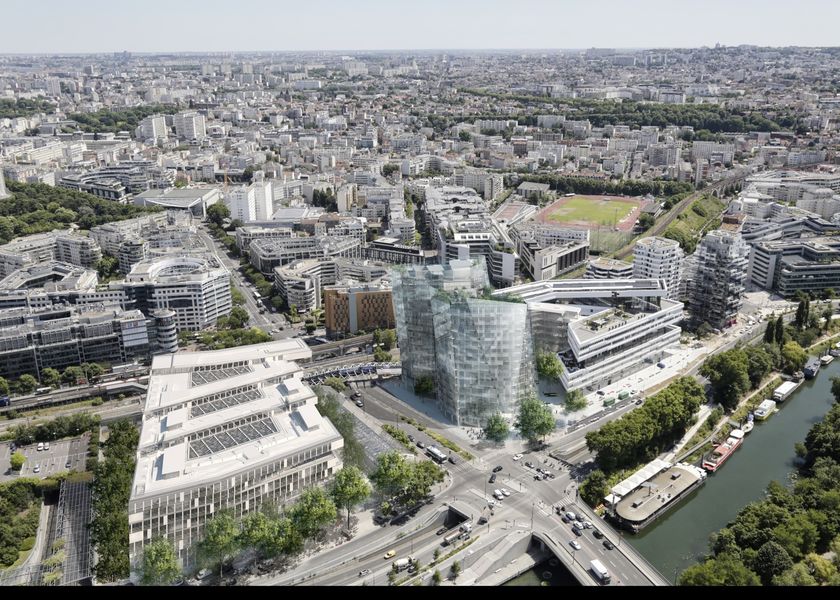Issy-les-Moulineaux

For more than 20 years, Issy-les-Moulineaux, a vibrant city of the Greater Paris, where solidarity is a reality, has demonstrated its dynamism and audacity through its innovative and ambitious choices, in the area of Smart Cities.
Economy
Located near important economic centres and well connected to them by public transport, the city offers to contractors a work environment matching their expectations and their projects. That is the reason why numerous international companies (Cap Gemini, Cisco, Coca-Cola Company, Colas, Eurosport, Johnson & Johnson, Marie Claire, Microsoft, Nestlé, Orange, Sodexo, Softbanks Robotics, Yves Rocher, etc.) and innovative SMEs are settling here. The city has more jobs than inhabitants (about 72.000 and 70.000).
Interests and Future Goals
Concerned about the well-being and prosperity of its inhabitants, Issy has put forward since 1991 a long-term positive vision of an Environment offering a better quality of life by adopting a Municipal Environment Plan.
Inspired by Oslo, the Norwegian capital, the Municipal Council of Issy-les-Moulineaux adopted, on February 2021, a "Climate Budget". The objective is to measure, each year, the greenhouse gas reductions in its territory in a pragmatic, novel, exemplary and collective approach.
After having set up the 1st French smart grid (IssyGrid) between 2012 and 2018, and created a consortium of companies around Smart mobility projects, the city of Issy-les-Moulineaux has several projects underway to achieve these objectives:
- Strengthening of actions to raise awareness among the population, in particular with the creation of a web series "Acting for the climate, it starts with Issy".
- Adoption of a “Low Emission Zone” (Diesel vehicles from more than fifteen years are not allowed in the city).
- Expansion of the network of electric charging stations.
- Increase in the number of Vélibs (public bicycle sharing system), sharing system of electric scooters and cars, and adoption of a wide bicycle plan.
- National incentives for energy efficiency in buildings.
- Revision of the Local Urban Planning with the obligation of a minimal rate vegetation for new constructions.
- Construction of an urban cooling network for large companies.
- Construction of a hydrogen station for bus, cars and cargo e-bikes.
- Planting of more than 6000 trees before 2026.
- Waste management improvement program.
- Construction of the first hydrogen district.
Your cookie preferences
We use cookies and similar methods to recognize visitors and remember their preferences. To learn more about these methods, including how to disable them, view our cookie policy.

